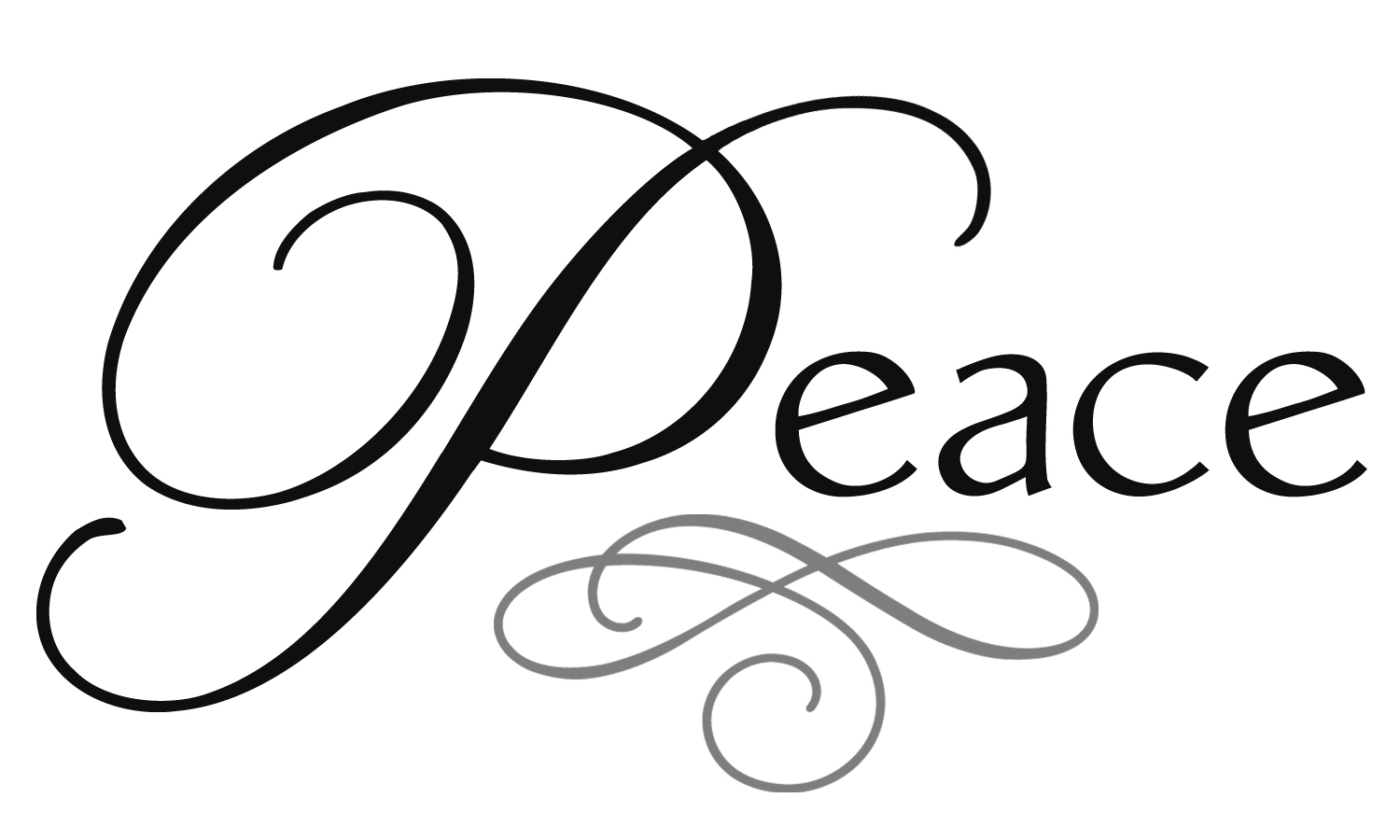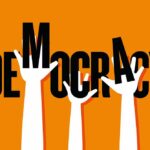In his address to the United Nations in September 2011, President Barack Obama stated, “Peace is hard, but we know that it is possible.” I wholeheartedly believe in his statement. Achieving peace is challenging, but it is also attainable. Sustainable peace is within reach.
It is widely acknowledged that charity should begin at home, and since we view the world through our own perspectives, it’s fitting to commence this discourse with my homeland.
The story of Nigeria embodies the essence of our topic – how people, politics, and power can sustain peace. It raises important issues for contemplation. Nigeria’s diverse landscape, comprising 371 ethnic groups and tribes, each with a unique set of languages, religions and cultures, creates a fertile ground for conflict. These conflicts range from trade and tribal disputes to religious tensions. Nigeria has experienced a tumultuous history, marked by colonial rule, insurgencies, tribal and religious divisions, competition for state resources, and political upheavals. Despite these challenges, Nigeria has consistently displayed resilience and determination to overcome them. Our journey towards peace has been arduous, but it has imparted valuable lessons.
To achieve sustainable peace, empowering the people is paramount. Ensuring the welfare and inclusive participation of all citizens, regardless of their tribe, gender, or religious affiliation, is crucial.
On April 27, 2016, the United Nations General Assembly and the Security Council adopted resolutions aimed at achieving sustainable peace, which underpinned the 2015 review of the UN Peacebuilding Architecture. These resolutions represent a comprehensive commitment to global peace. Seven years later, how have we fared?
- PDP loses national woman leader, Effah-Attoe
- Tinubu: Nigeria crawling but we’re ready to change that narrative
At present, various countries, including Afghanistan, the Central African Republic, Ethiopia, Libya, Mali, Somalia, South Sudan, and Syria, grapple with civil wars. Approximately 34 countries are in conflict, and more teeter on the brink, including Israel and Palestine. This is in addition to the ongoing Russia-Ukraine conflict, proxy wars, and localized insurrections and tensions worldwide. These conflicts, varying in severity and duration, significantly impact populations, often beyond the immediate areas, leading to devastating physical and humanitarian consequences.
Beyond traditional causes of war and unrest, the 21st century has introduced new challenges that threaten peace. These include environmental degradation, food insecurity, climate catastrophes, escalating poverty and inequality, socioeconomic exclusion, and democratic misrepresentation. These challenges necessitate the active involvement of people, the influence of politics, and the responsible use of power.
The wealth and well-being of a nation, as well as the happiness of its citizens, fall under the purview of politics and power and serve as the foundational elements for sustainable peace. It is undeniable that achieving sustainable peace hinges on how power and politics are structured, the extent to which state power is applied, and how inclusive or alienating the political system is.
Power and politics determine resource allocation, the decision to go to war or prioritize peace, tax rates, funding for various programmes, and much more. They shape the distribution and size of the societal “pie” and influence what is subsidized or heavily taxed. In the realm of government and governance, where decisions are made, power and politics play a pivotal role as principal determinants of sustainable peace.
Power comes in various forms, but fundamentally, it denotes the ability to persuade people to act in ways that benefit society as a whole. It grants authority to decide what is discussed, who gets what, why, and how. It is in this process of distribution and redistribution that sustainable peace is either nurtured or jeopardized.
Politics, with its profound influence, plays a crucial role in fostering and maintaining peace. Therefore, it is essential that the “right people” are elected to positions of power. While politics may be daunting for many, it is a vital responsibility that, when mishandled, can quickly erode existing peace. Power should be entrusted to individuals who understand the importance of inclusivity and equitable distribution of state resources. Misuse or abuse of power has the potential to undermine peace and stability. Power must be exercised with the utmost responsibility, transparency, and accountability.
Power and politics are expected to create conditions that provide people with an acceptable standard of living, a prerequisite for peace and fulfillment. Regardless of its form, power must be rooted in the people to survive. Legitimacy, earned through a government’s commitment to its citizens, safety, fairness, and people-centric policies, is crucial for sustaining peace. Governments must demonstrate fairness; otherwise, people’s dissatisfaction with power and politics can threaten peace.
Achieving peace takes time and effort and may face setbacks, opposition, and challenging days. Just like any project, peace goes through initiation, incubation, and manifestation phases. To attain and sustain peace, politics and power must intentionally transition to a system that is inclusive of the people, guided by participation, engagement with government and governance, and grounded in international human rights laws and standards.
Emmanuel is a former governor of Akwa Ibom State

 Join Daily Trust WhatsApp Community For Quick Access To News and Happenings Around You.
Join Daily Trust WhatsApp Community For Quick Access To News and Happenings Around You.


